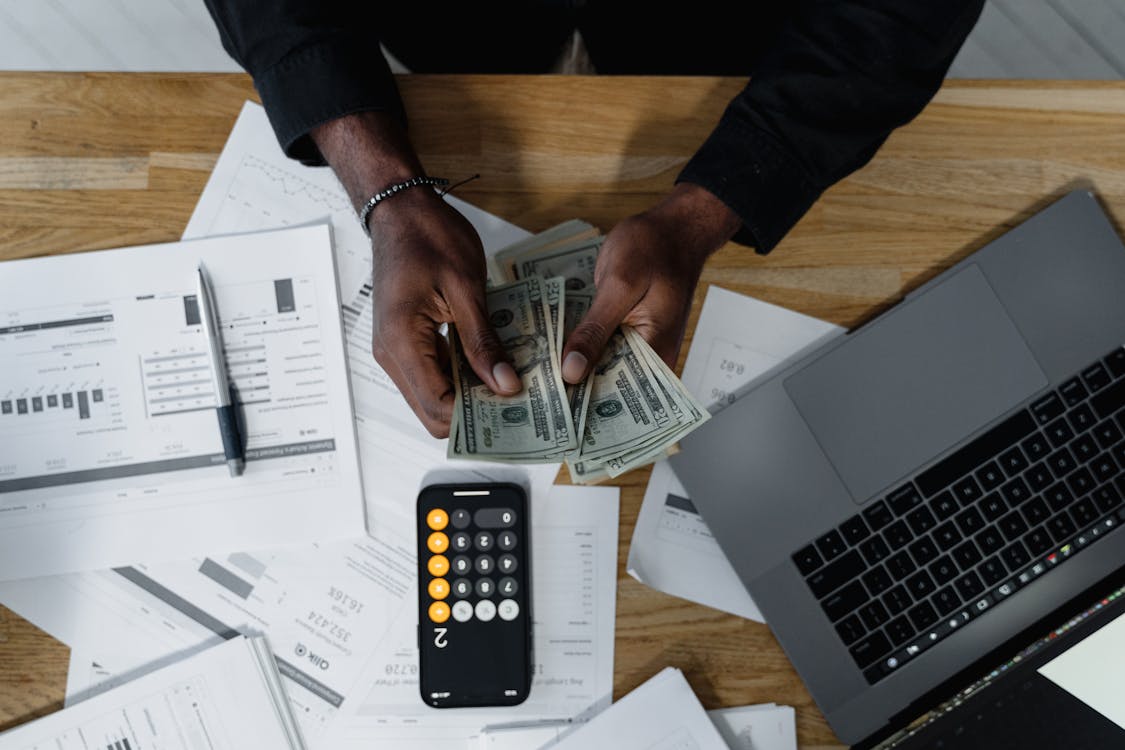Life is full of unexpected surprises – some pleasant, and others not so much. In these unpredictable times, establishing an emergency fund is essential for weathering financial storms. In this blog post, we'll explore the importance of emergency funds, why you need one, and how to start building it for a more secure financial future.
The Importance of an Emergency Fund
An emergency fund serves as a financial buffer to cover unexpected expenses, such as medical emergencies, car repairs, or job loss. Having this safety net in place provides numerous benefits:
- Financial Security: An emergency fund reduces the need to rely on high-interest debt, such as credit cards or personal loans, to cover unforeseen expenses.
- Peace of Mind: Knowing you have a financial cushion in place can reduce stress and anxiety during difficult times.
- Greater Financial Flexibility: With an emergency fund, you can focus on long-term financial goals, such as investing or saving for retirement, without the worry of sudden financial setbacks.
Why You Need an Emergency Fund
Building an emergency fund is a crucial component of sound financial planning. Here's why:
- Financial Uncertainty: Life is unpredictable, and financial emergencies can arise at any time. An emergency fund ensures that you're prepared for whatever life throws your way.
- Debt Prevention: Using high-interest debt to cover unexpected expenses can lead to a cycle of debt that's difficult to escape. An emergency fund helps you avoid this trap.
- Protecting Your Investments: With an emergency fund in place, you won't be forced to liquidate investments at inopportune times to cover unexpected costs.
How to Start Building Your Emergency Fund
Now that you understand the importance of an emergency fund, here are practical steps to start building one:
- Set a Goal: Aim to save 3-6 months' worth of living expenses in your emergency fund. This amount will provide a solid financial cushion in case of unexpected events.
- Open a Separate Savings Account: Keep your emergency fund in a separate, easily accessible savings account to avoid the temptation of using it for non-emergencies.
- Automate Your Savings: Set up automatic transfers from your checking account to your emergency fund each month. This helps you consistently grow your fund without even thinking about it.
- Start Small and Build Gradually: If saving 3-6 months' worth of expenses seems daunting, start with a smaller goal and work your way up. Even a small emergency fund is better than none.
- Cut Expenses and Increase Income: Look for ways to reduce spending and boost your income to help you reach your emergency fund goal faster.
Conclusion
The importance of an emergency fund cannot be overstated. By following the steps outlined above, you'll be on your way to creating a financial safety net that protects you and your family from life's unexpected challenges. Don't wait – start building your emergency fund today and enjoy the peace of mind and financial security it provides.

Comments
Post a Comment